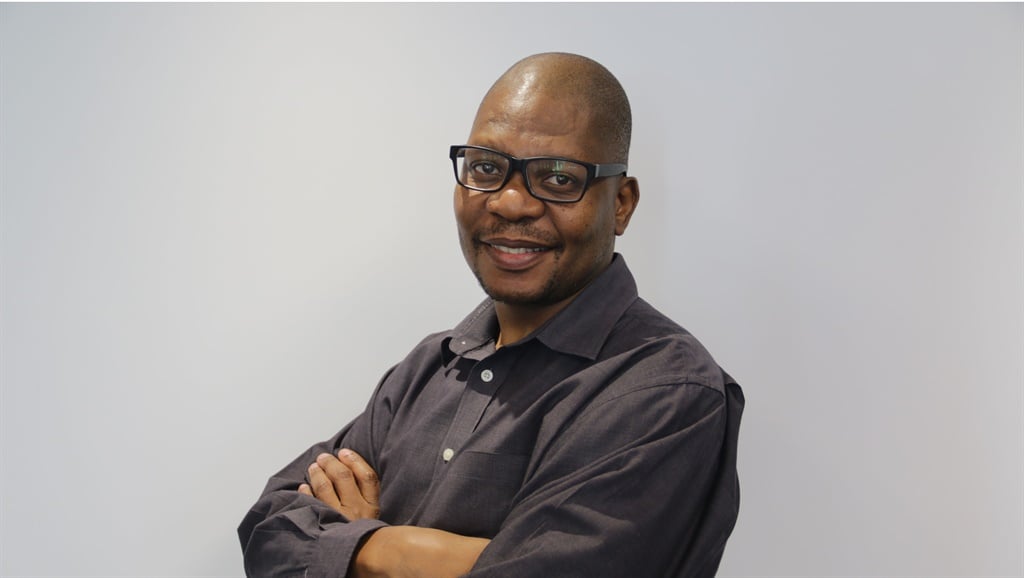
If you visit the website of security company Mapogo-a-Mathamaga you will find an introduction by one of its directors extolling its history and its achievements.
Renus Muller, whose father was one of the founders of the firm, records that the original vigilante Mapogo was formed by a Limpopo community that was tired of livestock theft.
In response, he writes, they decided to protect their property “the only way they knew how: by fighting fire with fire”.
He admiringly describes the philosophy of Mapogo originator John Magolego thus: “When an animal is attacked by another, that animal has to become like the animal that is attacking it in order to protect itself.”
The original Mapogo that Muller speaks of was a notorious vigilante group that meted out street justice in several provinces in the 1990s and early 2000s.
Those who had been “convicted” of criminal acts by the vigilante group were cruelly punished.
Sentences ranged from sjambokking to kicking and bare-fisted beatings.
There were stories of suspects coerced into confessions by being dangled over crocodile-infested rivers.
“In South Africa all the talk is on human rights. But, as Mapogo, we say criminals haven’t got rights. Human rights for criminals is a sjambok on the buttocks,” Magolego boasted at the time about the group’s brutal justice.
The vigilante Mapogo is no more, having been transformed into a formal security company run by opportunists who saw value in the organisation’s fearsome brand.
However Mapogo’s attitude towards the rule of law and due process lives on in the hearts of South Africans who feel let down by the criminal justice system.
It is to be seen in the many incidents of mob justice around the country, in which communities take the law into their own hands.
These have resulted in the murders of suspected criminals, including by way of the dreaded necklace.
In its most troubling form, this rejection of the rule of law takes the form of an outright refusal to accept the rights of those who are accused of doing wrong.
How many times have you seen people protesting outside court, demanding that an accused not be granted bail? How many times have you heard people condemning an acquittal as a failure by the courts and the entire system?
Last week we saw an outpouring of anger when former school patrol guard Johannes Molefe was found not guilty of the rape and sexual assault cases he was accused of having committed against more than a dozen girls aged between five and 13.
In stating that “the court is not satisfied that the state has proved its case”, acting Judge Peet Johnson was scathing about the way the case had been handled by the police, the state, the Teddy Bear Clinic and the school.
He even raised the possibility that some of the children may have been coached to present evidence against Molefe.
The response to the verdict was predictable. There was a general outcry that there had been a miscarriage of justice and that the court had not properly applied itself.
The feeling was essentially that Molefe had been guilty as soon as the accusations were flung at him and the court had no business coming to a different conclusion.
Molefe may yet be found guilty as the National Prosecuting Authority has indicated it will appeal the judgment.
But the bottom line is that he did nothing to frustrate the case, cooperated with the investigators and turned up for his trial at every sitting.
The state made its case. The defence made its case. The court ruled on the evidence before it.
That is how justice is supposed to work.
The same failure to accept the rights of accused extends to those who apply for bail.
Way too often in our country we see protesters outside courts demanding that the accused not be granted bail. This demand, in reality, is that the accused be found guilty and sentenced from the outset.
This right to bail can be interfered with only if the court finds – inter alia – that an accused poses a flight risk, can interfere with witnesses or can be a danger to society or that he can be harmed if he is outside.
The court has to be convinced of this by legal arguments and not baying mobs on the streets, social media or talk shows.
Although the courts, thankfully, have not been bullied by the mobs, the worrying element is that the sentiment is always overwhelming in the public domain.
So overwhelming that even political parties and senior leaders participate in the populist crusade against the rule of law.
In the case of the suspects accused of carrying out the Vlakfontein murders, Gauteng community safety MEC Sizakele Nkosi-Malobane was at the fore of the mob, shouting that “it would only be an insane magistrate who would give these people bail” and that they must go and meet their equals in prison.
This was shared by those who gathered daily outside court for the bail hearing, with one of them telling the Sowetan newspaper that “what these two guys [allegedly] did was disgusting. They deserve to be in jail until they are found guilty.”
The anger at the appalling crime rate is understandable and the pain of the masses cannot be underestimated.
But, in our reaction to rampant criminality, we should not turn South Africa into a jungle where rules do not matter.
Justice must be done – but it must be by the book.




 Publications
Publications
 Partners
Partners








